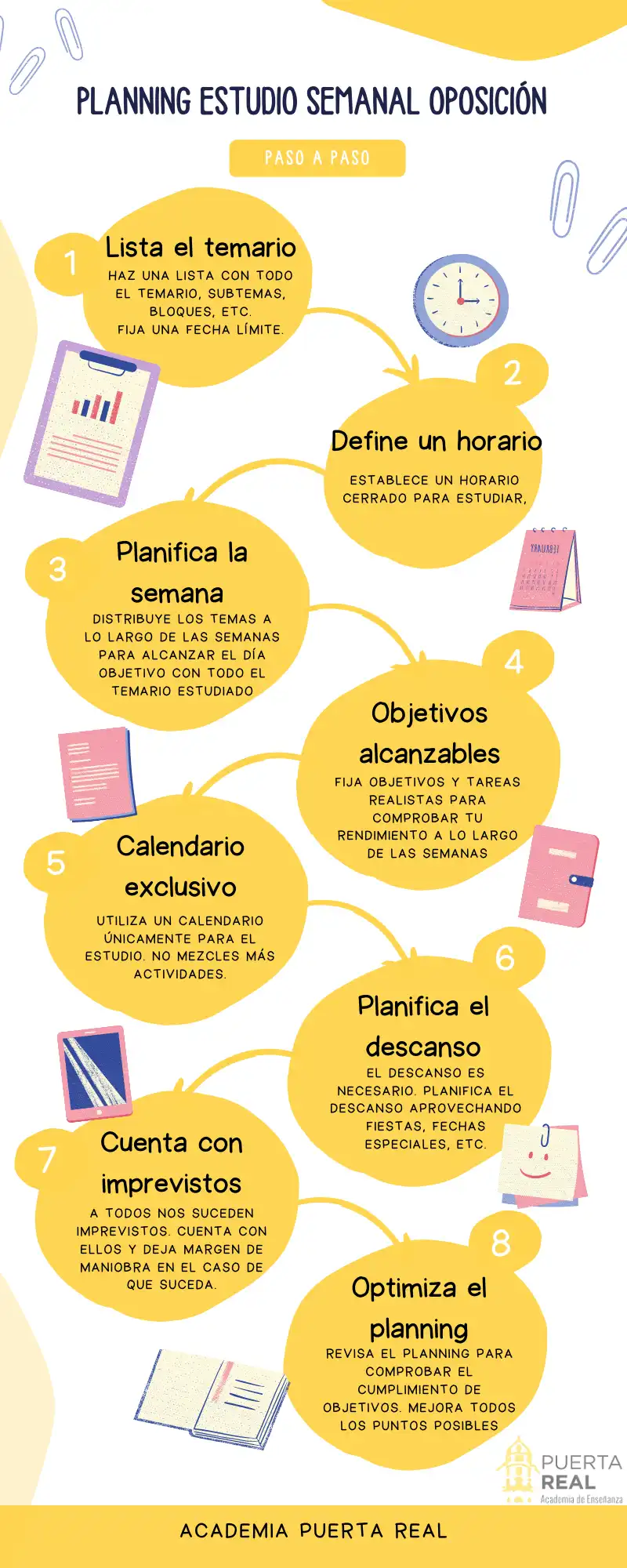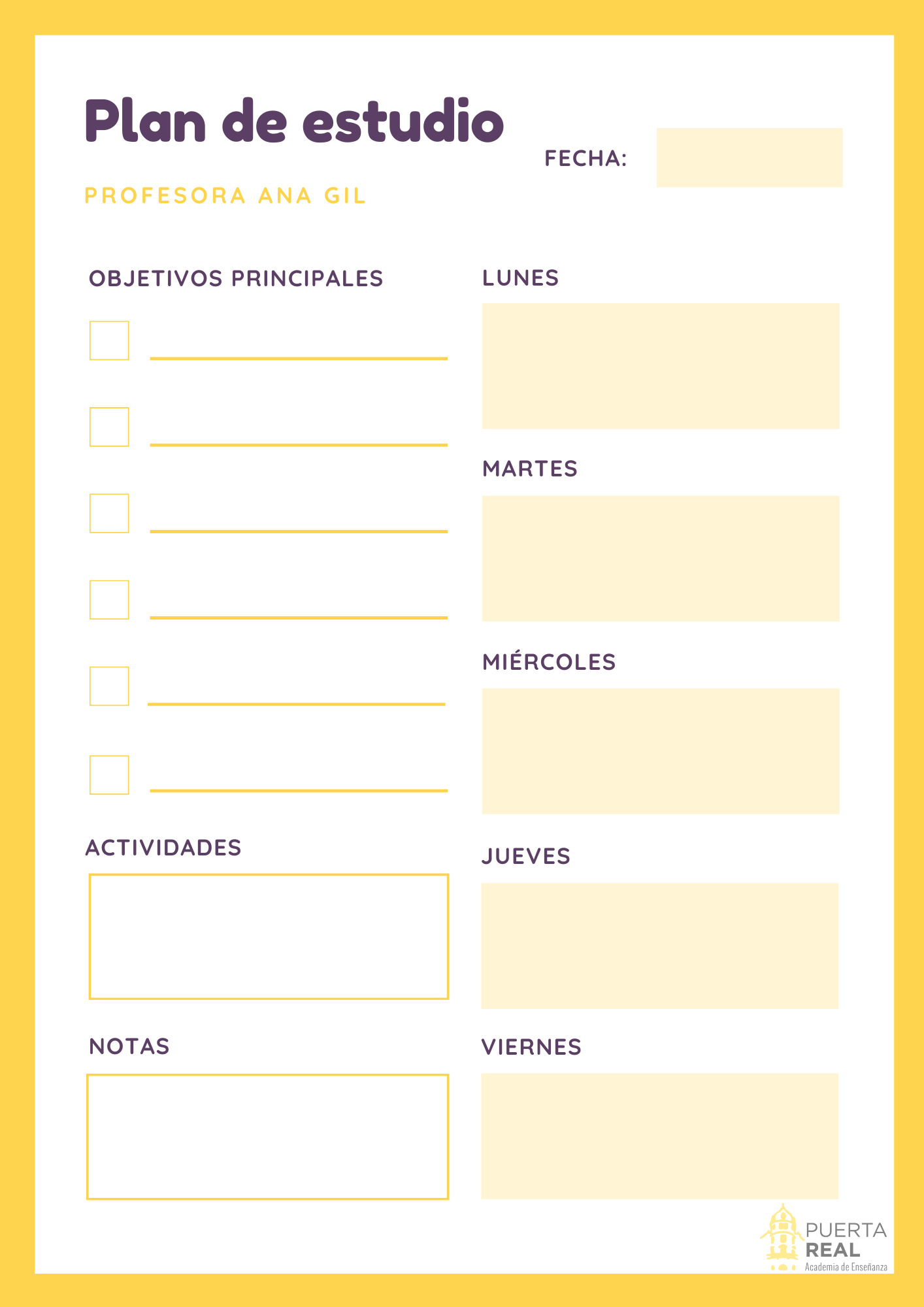AFIRMATIVA | David ought to study every day. | David debería estudiar todos los días. |
You ought to be at home. It’s late. | Deberías estar en casa. Es tarde. | |
NEGATIVA | Marta ought not to come; she is ill. | Marta no debería venir; está enferma. |
You oughtn’t to drive if you have drunk. | No deberías conducir si has bebido. | |
INTERROGATIVA | Ought Peter to come to the wedding? | ¿Debería Peter venir a la boda? |
Ought I to call my lawyer? | ¿Debería llamar a mi abogado? |
AFIRMATIVA | You should be careful with the hammer. | Deberías tener cuidado con el martillo. |
We should go to the beach this weekend. | Deberíamos ir a la playa este fin de semana. | |
NEGATIVA | You should not stress over that. | No deberías estresarte por eso. |
You shouldn’t eat so much meat. | No deberías comer tanta carne. | |
INTERROGATIVA | Should we stop to say hello? | ¿Deberíamos parar a saludar? |
Shouldn’t you ask your parents first? | ¿No deberías preguntarles a tus padres primero? |
Tanto should como ought to pueden traducirse en español como ‘debería’ y en muchas ocasiones son intercambiables, pero ya hemos visto que su uso es diferente. Puedes encontrar sus diferencias en la siguiente tabla:
OUGHT TO | SHOULD |
Es bastante más inusual | Es más común |
Siempre acompañado de to | Nunca acompañado por un to |
Casi exclusivamente en oraciones afirmativas | En oraciones afirmativas, negativas e interrogativas |
Expresa un consejo más rígido, casi una obligación | Expresa una sugerencia, recomendación u opinión subjetiva |

Te aconsejamos que pongas accesible, en tu zona de estudio, un calendario exclusivo para el estudio de las oposiciones donde esté la planificación. De esta forma podrás consultar única y exclusivamente la información que necesitas para el estudio, evitando distracciones de otros temas.
Uno de los puntos más importantes y que mucha gente olvida es el descanso. Todo el mundo necesita descansar de vez en cuando, por eso te invitamos que dejes días de descanso en fiestas, fechas especiales, etc.
Planifica con antelación las pausas, para que no modifiquen tu planning de estudio, ya que una vez hecho no deberíamos modificarlo.
Como hemos dicho desde el inicio, el planning ha de ser realista. Pensar que en nuestra vida diaria no van a surgir imprevistos no es planearlo de modo sensato.
Deja ciertos huecos para imprevistos que puedan surgir. De esta forma tendrás cierto margen de maniobra y no llegarás a retrasarte en tu planificación.
Una vez hayas definido tu planning de estudio tienes que ponerlo en práctica. Como supondrás, es muy complicado que la primera planificación de estudio semanal que plantees funcione perfectamente y puedas aplicarla sin ningún problema.
Por este motivo, te recomendamos que al final de cada semana y cada mes, dediques un hueco para reajustar tu horario, objetivos, tareas, tiempos, etc. Con el paso de las semanas conseguirás tener una organización que mejore tu rendimiento académico de forma exponencial.

Es innegable la cantidad de ventajas que tiene el planificar el tiempo de estudio para cualquier ámbito y, sobre todo, para las oposiciones. Vamos a recopilar alguna de ellas:
Ahora que has visto todos los puntos positivos que tiene esta herramienta, es posible que tengas la duda que se le plantea a la gran mayoría de personas: ¿Qué tipo de planificación es mejor: semanal, mensual o semestral? Te explicamos para qué se utiliza cada una:
Para facilitarte la tarea, te dejamos un ejemplo de plantilla para tu planning de estudio de oposiciones. ¡Ya no hay excusas!

| Cookie | Duración | Descripción |
|---|---|---|
| cookielawinfo-checkbox-analytics | 11 months | This cookie is set by GDPR Cookie Consent plugin. The cookie is used to store the user consent for the cookies in the category "Analytics". |
| cookielawinfo-checkbox-functional | 11 months | The cookie is set by GDPR cookie consent to record the user consent for the cookies in the category "Functional". |
| cookielawinfo-checkbox-necessary | 11 months | This cookie is set by GDPR Cookie Consent plugin. The cookies is used to store the user consent for the cookies in the category "Necessary". |
| cookielawinfo-checkbox-others | 11 months | This cookie is set by GDPR Cookie Consent plugin. The cookie is used to store the user consent for the cookies in the category "Other. |
| cookielawinfo-checkbox-performance | 11 months | This cookie is set by GDPR Cookie Consent plugin. The cookie is used to store the user consent for the cookies in the category "Performance". |
| PHPSESSID | session | This cookie is native to PHP applications. The cookie is used to store and identify a users' unique session ID for the purpose of managing user session on the website. The cookie is a session cookies and is deleted when all the browser windows are closed. |
| viewed_cookie_policy | 11 months | The cookie is set by the GDPR Cookie Consent plugin and is used to store whether or not user has consented to the use of cookies. It does not store any personal data. |
| Cookie | Duración | Descripción |
|---|---|---|
| _ga | 2 years | The _ga cookie, installed by Google Analytics, calculates visitor, session and campaign data and also keeps track of site usage for the site's analytics report. The cookie stores information anonymously and assigns a randomly generated number to recognize unique visitors. |
| _gat_gtag_UA_179962549_1 | 1 minute | Set by Google to distinguish users. |
| _gid | 1 day | Installed by Google Analytics, _gid cookie stores information on how visitors use a website, while also creating an analytics report of the website's performance. Some of the data that are collected include the number of visitors, their source, and the pages they visit anonymously. |
| CONSENT | 2 years | YouTube sets this cookie via embedded youtube-videos and registers anonymous statistical data. |
| Cookie | Duración | Descripción |
|---|---|---|
| VISITOR_INFO1_LIVE | 5 months 27 days | A cookie set by YouTube to measure bandwidth that determines whether the user gets the new or old player interface. |
| YSC | session | YSC cookie is set by Youtube and is used to track the views of embedded videos on Youtube pages. |
| yt-remote-connected-devices | never | YouTube sets this cookie to store the video preferences of the user using embedded YouTube video. |
| yt-remote-device-id | never | YouTube sets this cookie to store the video preferences of the user using embedded YouTube video. |
Escríbenos por WhatsApp